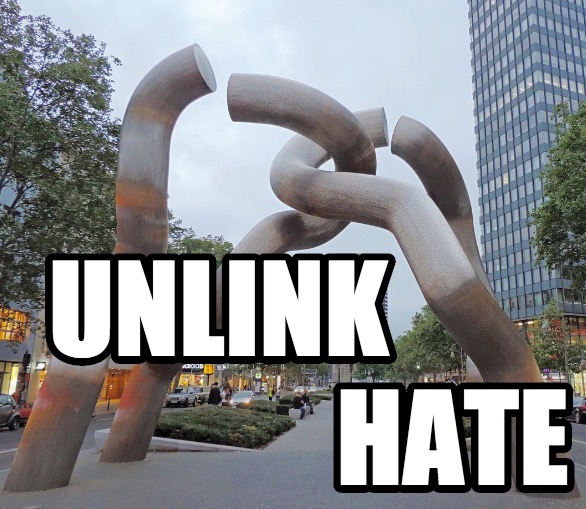(note: this idea is not mine, I am merely running with it after it was mentioned on a mailing list I am on)

In these weird times where people are very unsure who to trust and even less sure how to feel about the government, the Library Freedom Playbook should exist and doesn’t. We have a few directions where we should be highlighting the important role of libraries.
1. The library is authoritative
2. The library is safe
3. The library is also the government
The last message is tricky. Many if not most public libraries are municipal organizations. The library is for everyone in the good ways that government is supposed to be but increasingly is not. Blind hatred/fear of government can keep people from getting services they deserve. We need a nuanced message here. I am aware this is not simple.
It’s important to get things ranging from EFFs advice which is useful but not always practical for an average person, to stuff like “Hey print this zine and give it to kids!”
Things like Tor are a huge deal for libraries because the libraries can do the work one time but ALL the patrons benefit. Raising awareness for libraries why this is useful is part of it (like Library Freedom Project). Giving talks that outline practical approachable solutions that aren’t overwhelming. Building plug-ins for common software like Chrome, WordPress, Firefox and common ILSes.
I remember when there was some weird post-9/11 concerns about certain publications from govdocs organizations being possibly “dangerous” and tried to recall them and then-head of Boston Public Library Bernie Margolis basically “letter of the law” complied (took them out of govdocs) but “spirit of the law” did not (put them in circulating collections). That highlights what high profile librarian actions can also
do for morale in addition to access, both of which are important parts of this.




